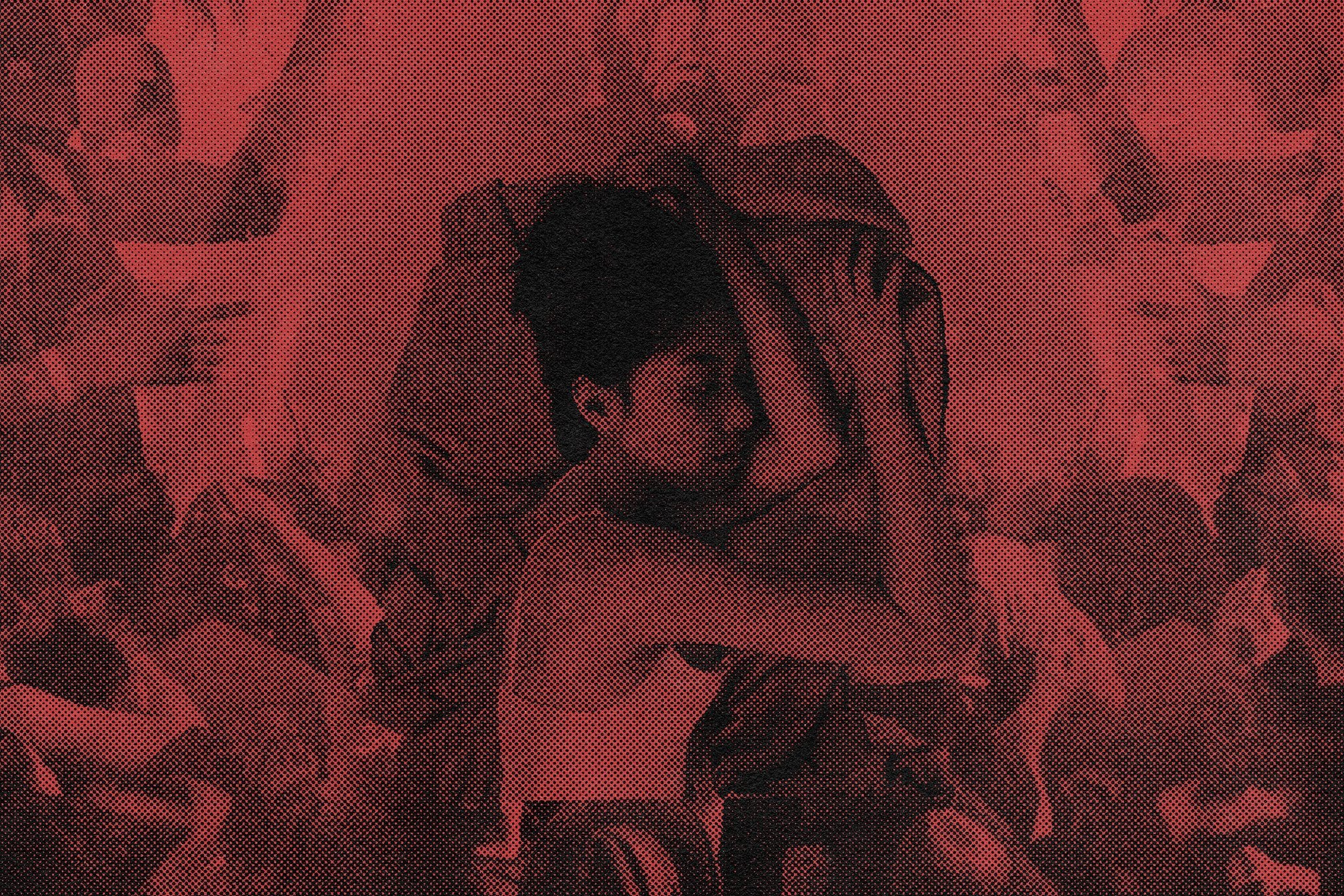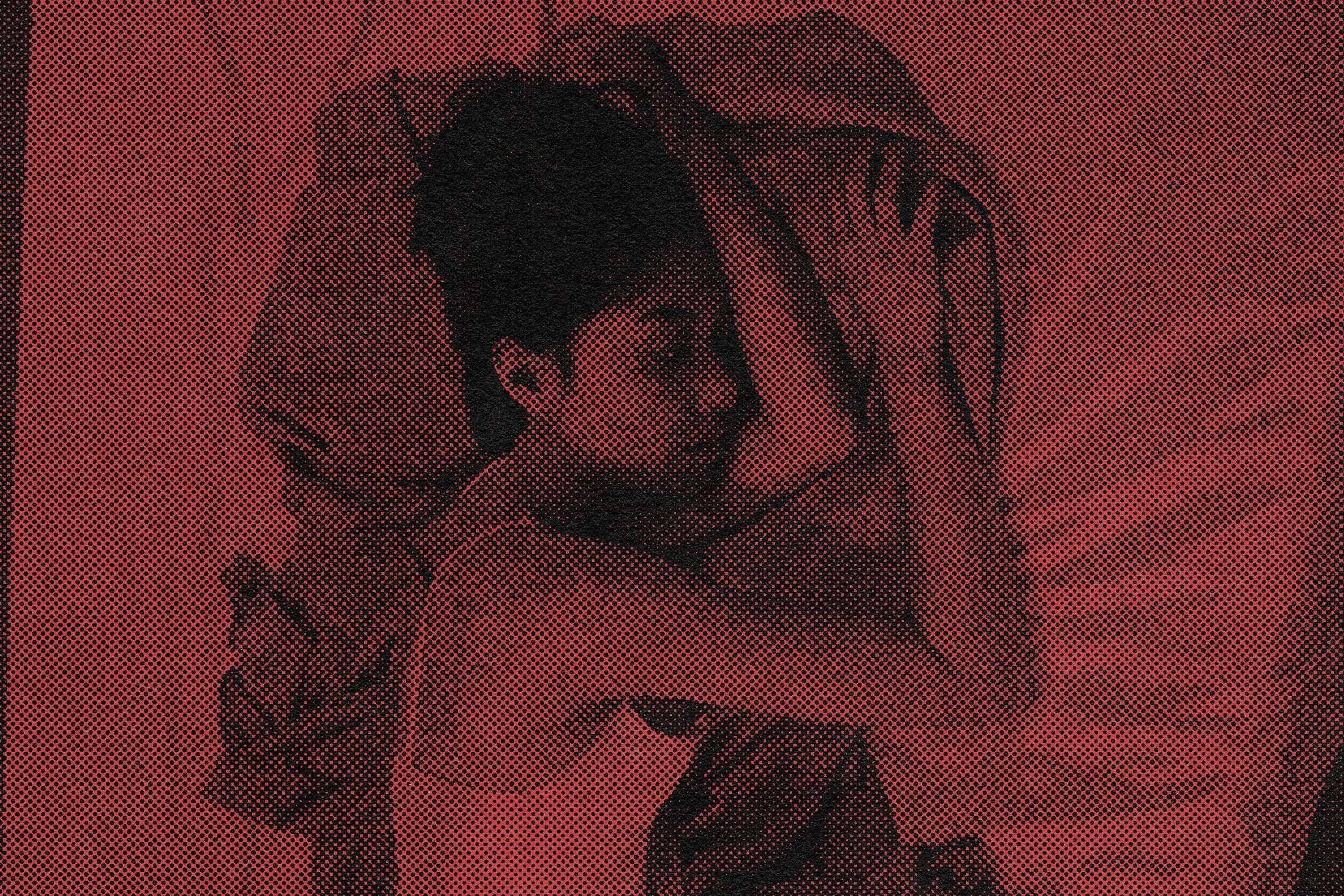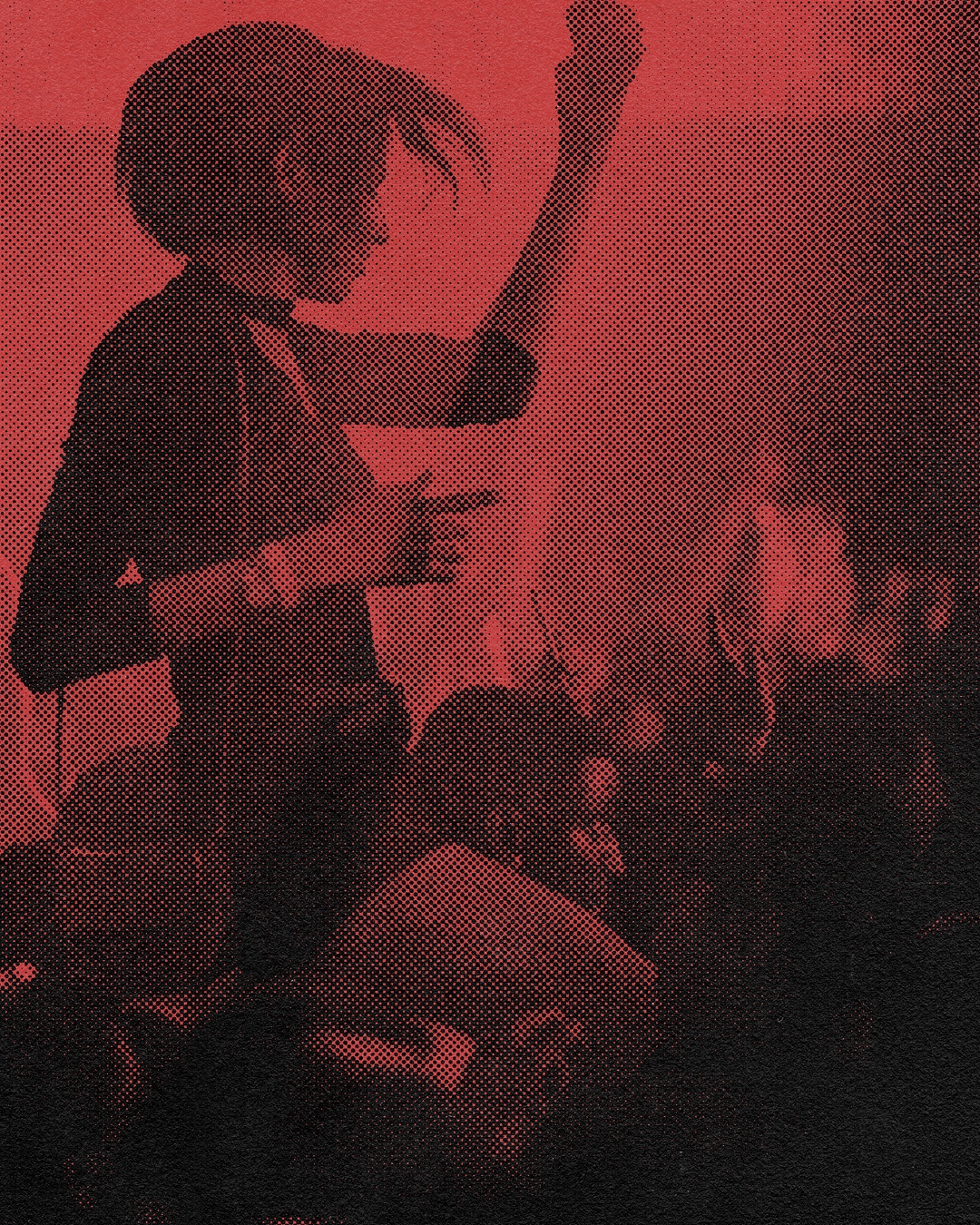 Features
Features
Have you got ‘rave fatigue’?: Why we're all so tired after lockdown
Did you look forward to the return of clubbing for 16 long months and now find yourself too tired to stay out all night? Megan Townsend explores how the pandemic affected our energy levels and finds out how to get your party stamina back
You, like many of us, may have spent much of your time since March 2020 contemplating your former fun self — feeling that little swell in your chest as you watched old rave videos, browsed pictures of yourself surrounded by friends in the club, or even listened to some of your favourite dance tunes, aching to hear them on a big soundsystem once more. So when restrictions eased and it was time to return to the dancefloor once more, why did we suddenly feel so… exhausted?
“I remember my first night out and I was so disappointed by how flat I felt,” recalls Amira, 29, from London, “I thought it was maybe just a bit of a fluke, but I was getting so tired whenever I went to the club, then I found myself making excuses not to go out at all.”
“Before [the pandemic] this wouldn’t have been a problem for me, I would stay out all weekend. But now I can barely drag myself out for one night.”
For those of us whose idea of rest and relaxation previously amounted to sitting on a sofa in a smoky basement with our hands raised to the ceiling until the wee hours, and now suddenly find ourselves unable to look a late one in the eye, it’s all been pretty disconcerting.
Read this next: A guide to knowing when to leave the afterparty
So what has changed? Has the year-and-a-half prematurely aged us? Surely not… we thought we had a good few years of raving in us yet! Is it that clubs aren’t as fun now - and it’s lessening our desire to be in them? Is it that we’ve just become too used to sedentary lifestyles imposed upon us by various restrictions? And most importantly — how exactly do we get our pre-pandemic party stamina back?
Dr Rachael Kent, a lecturer in Digital Economy and Society at King's College London and founder of Dr Digital Health, assures me that it isn’t an age thing. Phew. “Yes, time has of course passed, but more importantly we have - not always by choice - now slipped into new home-oriented digitally mediated routines.”
“Coming out of lockdown is a process of re-learning face-to-face interactions, both personally and professionally, and we need time to adjust and recover from increasing time spent outside of our homes.”
Dr Kent argues that while we didn’t exactly enjoy our time isolated away from our communities, our brains have adapted to regard socialising as being less of a priority — and instead our coping mechanisms for dealing with the pandemic have become more of a second nature: “The learning we have done, to focus on what sustains our mental and physical health in everyday life has (understandably) become the key priority for us.”
Read this next: The pandemic is blocking a new generation of ravers
“Physically we are used to doing less every day. In lockdown, we might have only left the house to go for a walk or do food shopping and remember how tiring that felt? Now, we’re attempting to adjust to a new ‘mid-pandemic normality’; working outside of the home potentially, and seeing more people in person every day, socialising much more regularly or for longer periods are time.
“We have experienced a process of global and national trauma that has made us anxious, depressed, lacking in motivation and concentration, and have been for 22 months. This hugely draining to have experienced and so we have to be kind and give ourselves time for re-learning and recovery in these new dynamics.

The tiredness that has come along with the pandemic has been well documented, it's a phenomenon that even has its own Wikipedia page. But were we naïve to think that we could just get straight back on the horse and cast off our weariness as soon as our beloved venues opened back up again?
"I didn't really feel very tired when everything first opened back up again," Danny, who is 27 and works in a bar in East London, tells me. "I was so excited to see my pals and It felt like everything was getting back to normal, then it slowly crept up and I felt washed out. I'm needing two days in bed to get over a couple of drinks."
Dr Ian H. Newmark, a doctor in pulmonary medicine at Syosset Hospital in New York, told Healthline that many people are exhausting themselves in trying to “trying to catch up on their social activities,” though he added that regardless of how draining it feels "it is certainly helpful to engage in outside activities both from a physical and mental standpoint."
Read this next: 4 artists share their tips for managing your mental health
Of course, raving could be regarded as an extreme version of “outside activities” — banned in most areas for well over a year-and-a-half, we simply are not used to the toll a big night of partying can take on both our bodies and our heads.
“I’d definitely say that now I can’t really do a full weekend going out,” Sabrina, 25, says: “I go out once and that’s it for the week. I don’t really want to go out again.”
“But what I have found is that I drink a lot more at home. So I’m not going out spending money, being around lots of people in crowded spaces because I feel like I’ve just grown to not enjoy that as much.”
Dr Kent believes as our minds have adjusted to being without much social stimulus, it has led to feelings of anxiety and worry about facing large groups of people once more: “On the one hand the reopening of venues, clubs and hospitality was perceived as a hugely exciting return to normal life. On the other hand, it was hugely daunting.
“Being around large numbers of people - particularly indoors - is something we’d really adapted to not doing regularly, or at all. So whilst we felt anticipation for those missed events, dancing with friends and strangers — the spontaneity related to our social life had all but disappeared during the pandemic.”
Read this next: I spent the weekend raving online and it was actually really fun
Of course, the missing spontaneity of a night out can also be something that makes us more reluctant to head down to the club - if we’re going to be too hesitant to speak to strangers in the smoking area, then why bother? Would it not be easier to just stay at home with our friends instead?
That randomness of a club night is something that Emily, 25, sorely misses: “Before COVID you met so many people going out and that was the fun of going to these venues. It’s a little awkward now talking to strangers in the club.”
Dr Kent explains that this is due to us feeling pretty out of the loop when it comes to clubbing: ”We are unpractised at dancing in public, small talk with strangers at the bar, physically bumping into or having close contact with strangers and even our good friends, being out of the house for more than a few hours.”
“All of these unlearned habits, which were once such a part of everyday life, were gone, and so with it our energy levels our bodies were practised at managing this balance of work and social life outside the home.”
Read this next: 5 DJs on their career taking off during lockdown
Much of the balance that comes with reintroducing ourselves to our “old lives” comes with managing expectations too. We’re becoming frustrated with why it all doesn’t feel “the same” straight off the bat, while having to constantly watch over our shoulders for potential new restrictions, and the loss of our freedoms once more.
“I think that is what’s holding me back,” Amira tells me, “I’m just waiting for the penny to drop and we’re all going to be back in [lockdown] again. You don’t want to become too reliant on going to clubs for fun - because it could be taken away at any moment.”
Dr Kent also believes we should note the toll the pandemic has had on us before we hastily rush into reclaiming the person we were before: “The cumulative trauma we have all been through and this period of huge anxiety and uncertainty have dramatically impacted our energy levels - and emotional resilience.
“None of us are who we were two years ago, and arguably, for better or worse, this period of adjustment and dramatic change to our life will have lifelong impacts and effects mentally and physically.”

While we may have changed - so has the clubbing landscape. Some of the venues we once held dear have been forced to close, the clubbing population is different - many of the artists we were once seeing every weekend have left the scene altogether.
New concerns have emerged for many of us this year: increased reports of spiking, hospitalisations from ravers accidentally consuming drugs that contain dangerous alternatives to MDMA or excessively strong powders and pills.
Read this next: It's time for clubs to start taking spiking seriously
The changing face of clubbing has resulted in startling reports from the end of last year of huge dropouts of between 30-50% ahead of even sold-out events, with the sharp increase in cases as a result of the Omicron variant of COVID-19 further impacting attendance rates. Is the reason we’re finding clubbing so exhausting because the nightlife industry itself is still in a state of turmoil?
“I do miss the freedom of going out pre-COVID,” says Sabrina. “There are so many more worries now - first of all you’re thinking about how safe the drugs are, second you’re worried about catching COVID and potentially endangering family members.
“It’s horrendous, it’s scary to go out now. There’s this ‘impending doom of partying’. I kind of feel guilty for going out now because so many things could go wrong.”
Read this next: Partying through the pandemic
The threat of the pandemic remains post-lockdown and this “impending doom” of partying hasn't gone away despite politicians deciding everything is fine. But once the pandemic has subsided as much as we can reasonably expect, how can we get back into the swing of things? From the scientific community at least, the consensus seems to be that we should listen to our bodies and be patient.
Clinical Psychologist Julie Smith told the BBC earlier this year: “What you do every day becomes your comfort zone, so when you do something that is new and different, your brain is set up to give you a little spike in stress.
“Action creates energy. So once we start to do more, we will feel the energy that goes with that. But, bringing yourself to that point can be quite difficult.”
She insists that it’s better to be honest with your friends if you’re finding excuses to not go on nights out: “Let your friends know if you're anxious, then your friends can help to support you through that.”
Likewise, Dr Kent recommends patience and allowing yourself time to adjust: “Don’t expect to be able to live life as you did pre-pandemic. We need to not only recover from [the pandemic], which is draining, as well as re-learning to socialise and live life outside the home more regularly.”
Another tip she stands by, is to slowly wean ourselves from the digital lives we have created during lockdown - making face-to-face interactions more bearable and normalised. She suggests remembering what technologies helped and supported us, and which ones were a source of mental and/or physical fatigue.
“Take what tech habits helped you during lockdown into this new space but try to break up physical time with your device more regularly. Your devices no longer need to be your companion or lifeline every day. Create physical divisions between yourself and your tech and re-assert your boundaries — no tech after a certain time of day or putting your phone in another room for example.”
Read this next: Why DJs and ravers are embracing sobriety
A tip from us here at Mixmag — remember all the benefits that clubbing have given you personally and your communities.
The club is a space where we can escape, where we can reconnect, let go of the stresses of everyday life. A study conducted earlier this year by the University of Kent found that raving changes our brains and helps us create meaningful bonds. The dancefloor is a place of meaningful change, a place where you can fall in love, a place of protest, of connecting with your own identity - it’s a place of community pride.
We cherish raving, and we missed it so very deeply for 16 months precisely because it makes us feel just so fucking good.
Now is the time to listen to our bodies, be patient - take it easy. Allowing the time to both embrace the person we became in lockdown while reconnecting with the person we were before could mean we not only recapture our “former fun self” - but create more sustainable habits in how we rave going forward.
Megan Townsend is Mixmag's Deputy Digital Editor, follow her on Twitter


